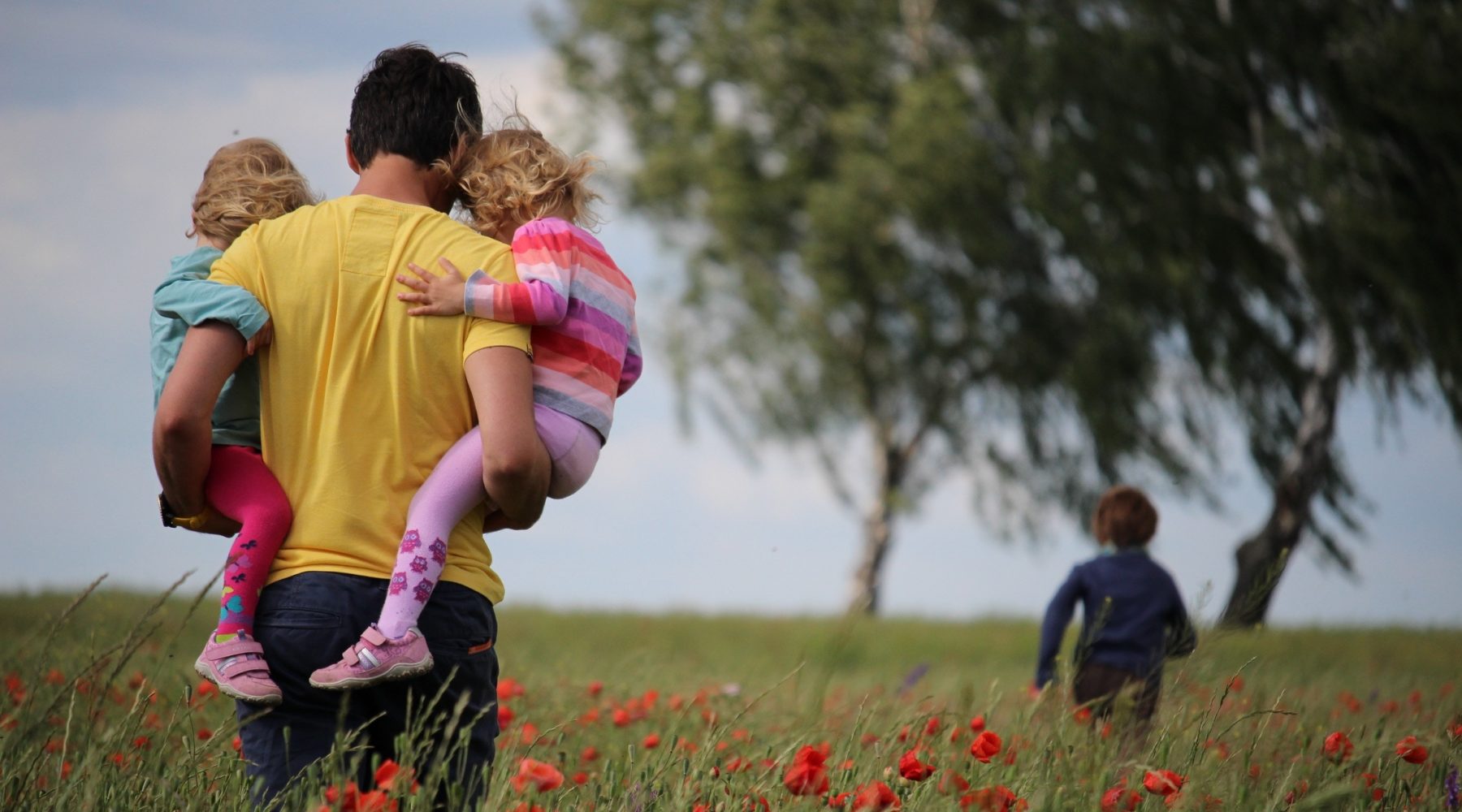Duke study on intergenerational trauma may yield insight for ECEC

While numerous studies demonstrating a link between adverse outcomes in childhood and later poor health exist, less is known about the effects of intergenerational trauma – that is trauma which continues to effect subsequent generations genetically.
Intergenerational trauma is an important part of the Australian early childhood education and care (ECEC) landscape, particularly when educators are working with, and seeking to understand more deeply, the experience of Aboriginal and Torres Strait Islander children and families.
Susan Alberts, Chair of Evolutionary Anthropology at Duke University, has used a study of 169 baboon mothers and nearly 700 of their offspring who were monitored daily between 1976 and 2017 to determine that early trauma is linked to shorter lifespans in children of the next generation, even if those children grow up “more carefree” than their mother.
In presenting the results, the team said their baboon research is important because it helps them test ideas about how childhood wounds faced by one generation can take a toll on the next, and how close relationships with parents or other sources of support can help break the cycle.
In a paper recently published in the journal eLife, Ms Alberts, first author Matthew Zipple and colleagues reported on a variety of “bad breaks” a baboon might face in the first four years of life, before they started reproducing, such as being orphaned, born in times of food scarcity, raised by a mother with low social ranking, or having to compete for their mother’s milk and attention with younger, close in age siblings.
In a previous study the team found that baboons who experienced multiple such misfortunes during childhood die up to 10 years earlier than their more fortunate peers.
The new study allowed researchers to see the effects of early adversity years later in the next generation too, and even when those offspring had it easier than their mothers did.
Specifically, female baboons whose next-born sibling arrived before they were fully weaned, or who were orphaned before age four, went on to have offspring that were 39 per cent to 48 per cent less likely to make it to adulthood themselves – often seven or more years after their mothers early hardships.
That, Ms Alberts said, is a big difference.
She used Waka, a female baboon, as an example. By the time Waka was just 16 months old, her mother Willy was already juggling another baby. Then, just before Waka turned three, her mother died. Waka eventually had four children of her own, but none of them survived past their fifth birthday.
Researchers were unable to pinpoint why offspring of ‘survivor’ females had a higher risk for early death. It could be that when a baboon’s relationship with her mother is cut short, she is less able to provide basic care when she becomes a mother herself, such as making quality milk, protecting her children, or teaching them how to forage or make friends.
“Up until the age of four months, baboon children rarely venture more than a meter from their mother,” said Ms Alberts, who has been studying the Amboseli baboons since 1984.
“In the first year of life, a baboon’s mother is everything,” said Mr Zipple, a Ph.D. student in biology at Duke and the lead author on the paper.
The team’s next step, Mr Zipple said, is to look at how a mother’s history of hardship affects her parenting. To find out, they’ve been observing mother-infant pairs for 45 minutes at a time, noting all the ways the mothers interact with their infants, from cuddling or suckling them to attending to their infants’ cries.
For the research team, using baboons to understand the origins of disease makes it possible to disentangle the intergenerational effects of early adversity from other factors that are often confounded in studies of human health, such as education, drug use, and access to health care.
The team says their baboon research is important because it helps them test ideas about how childhood wounds faced by one generation can take a toll on the next, and how close relationships with parents or other sources of support can help break the cycle.
By tracing adult health problems back to traumas faced in a parent’s or grandparent’s childhood, scientists say, we may better understand how to prevent some family disease trends from taking root in the first place.
Further information and the full study is available here.
Popular

Quality
Practice
Research
Small ways to teach babies and toddlers body safety and consent in early learning
2025-12-15 08:00:40
by Fiona Alston

Quality
Research
Food safety in early learning centres: Protecting children through better practices
2025-12-15 07:45:24
by Contributed Content

Practice
Quality
Provider
Research
Workforce
Allied health professionals and early childhood program providers invited to join Preschool Boost directory
2025-12-15 07:45:57
by Fiona Alston














